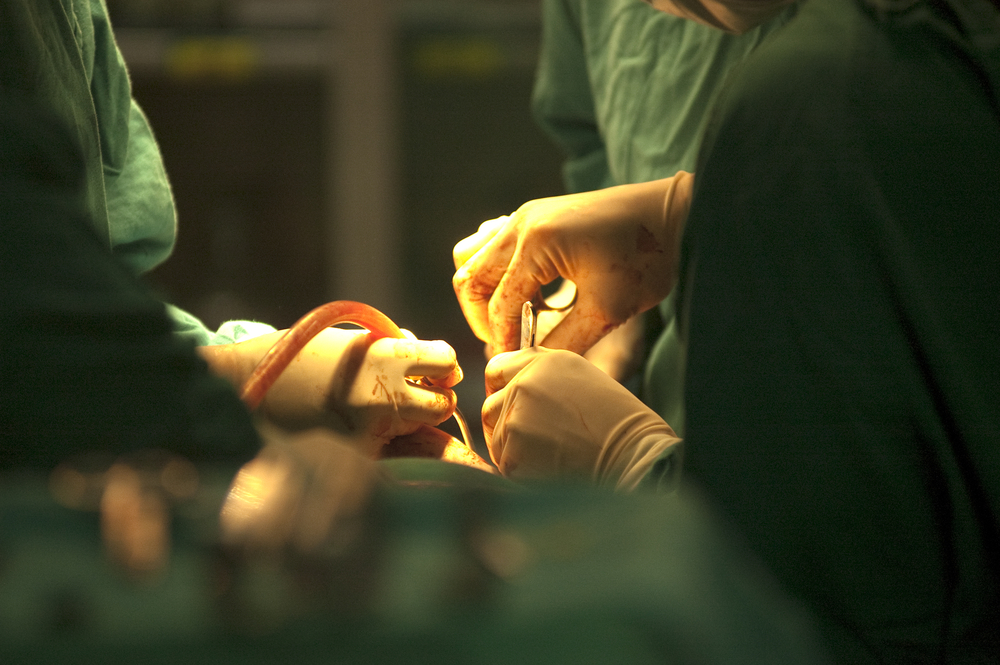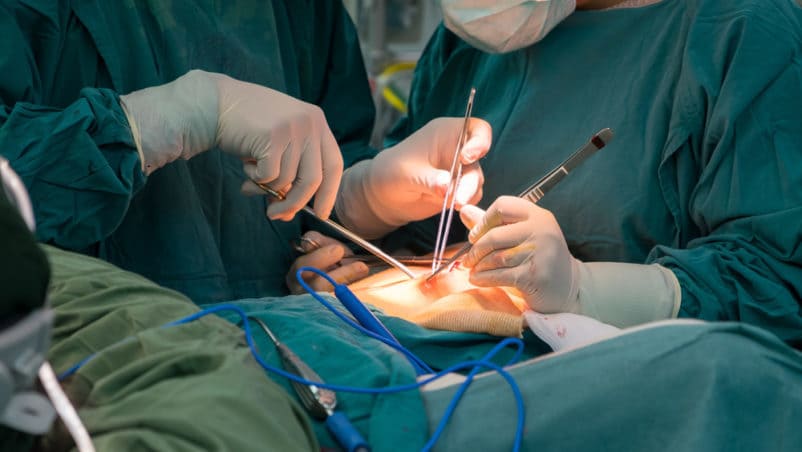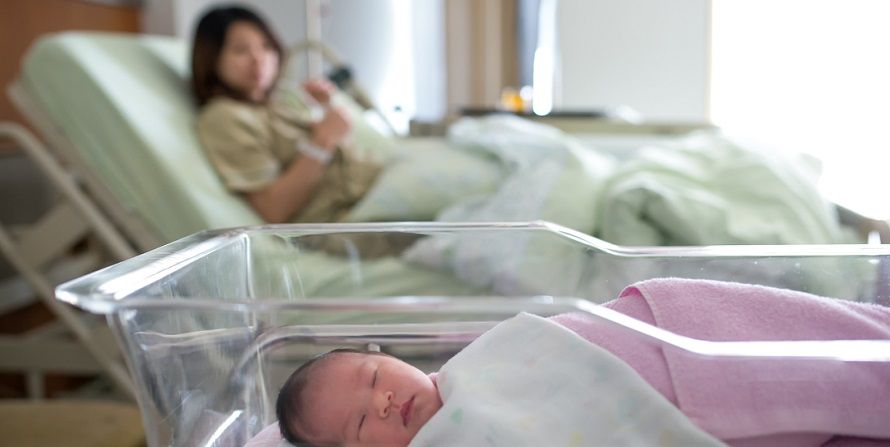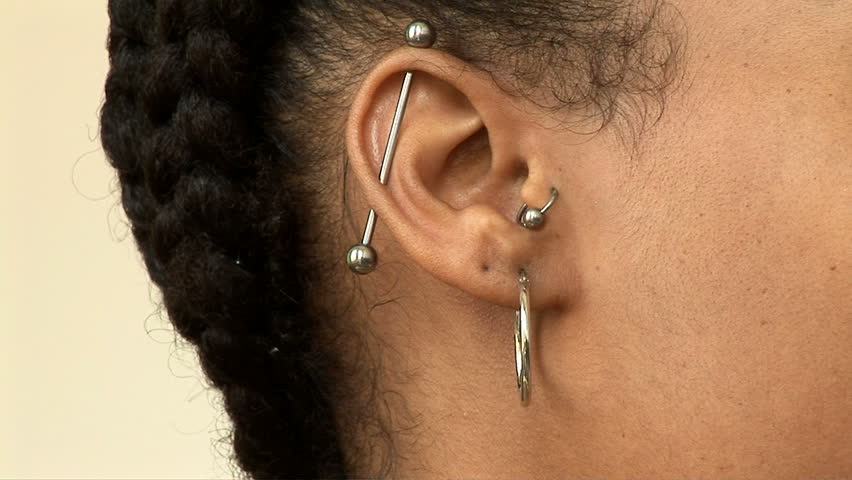Contents:
- Medical Video: Infection Prevention in the Operating Room - Healthcare Training
- What are the main triggers for surgical wound infections?
- SSI prevention refers to official guidelines
- Who is involved in preventing surgical wound infections?
- Actually, the key to preventing SSI is in the hands of all parties
Medical Video: Infection Prevention in the Operating Room - Healthcare Training
Surgical Site Infections(SSI) or surgical wound infection that occurs in the former surgical incision, in fact it still really haunts patients and medical personnel throughout the world, including Indonesia. This is reinforced by data shown by the WHO in 2016, that there were about 11 people out of 100 operating patients who ended up operating wound infections. But before this infection actually occurs, you may wonder is there a way to prevent this surgical wound infection?
What are the main triggers for surgical wound infections?
After undergoing the operation process, there will definitely be a wound in certain parts of the body due to the incision during the operation. Normally, the incision wound will heal itself over time. However, this is not the case if there are bacteria that grow in this surgical wound.
Yes, bacteria can come at any time as long as there are conditions and conditions that support them. Generally, it takes 30 days from the bacteria to the wound to develop into an infection. Not only getting there, smoking, diabetes, and excess weight can also be supporting risk factors that aggravate this surgical wound infection or SSI.
Various operating procedures, starting fromcolorectal, gastrointestinal, heart and blood vessels, nerves, skin, orthopedics, and the uterus are at risk for causing SSI. If this happens, certainly there will be a serious danger to the health of the body which can lead to death if not immediately addressed.
SSI prevention refers to official guidelines
Departing from here, health experts from World Health Organization (WHO), Centers for Disease Control (CDC) and American College of Surgeons (ACS) agreed to issue an official guide (guideline) which must be applied worldwide to specifically regulate how to prevent surgical wound infections or SSI.
The guidelines for prevention of surgical wound infections have been prepared in such a way according to the type of surgery, with a variety of different rules for each operating procedure, delivered by Prof. Charles E. Edmiston, Jr., PhD., CIC, as a surgeon from the Department of Surgery, Medical College of Wisconsin Milwaukee, Wisconsin, USA, when met in an exclusive interview held by PT Johnson & Johnson Indonesia, in Cikini, Menteng , Central Jakarta (8/21).
In short, operating procedurescolorectal, gastrointestinal, orthopedic heart, skin, etc., have different guidelines according to the organs that are handled and the procedure during surgery.
"SSI specific guidelines (surgical care bundle) hasn't been there 10 years ago. The SSI guideline is arguably a new concept in the world of health to reduce the risk of SSI, because it sees a considerable impact that must be faced by patients and health services if later infection occurs in the surgical incision wound, "said Prof. Edmiston.
Who is involved in preventing surgical wound infections?
Most patients who want to undergo surgery usually focus too much on the question in the form of "How is the recovery process?", Or "How long does it take until I can recover completely?". Finally, it actually skips the important questions, which are about how to prevent hazards that arise before, during, or after the operation takes place.
Because, not a few patients think that this prevention procedure is only carried out by the health service and medical teams, not for patients. Even though this is not the case.
Reporting from the CDC website, as a center for disease control in the United States, both patients and medical teams actually have their respective roles to prevent surgical wound infections that must be performed before, during, and after surgery.
For example, the medical team must wash their hands to the elbow cleanly before the operation begins, and fulfill the appropriate antibiotic dose for the patient for certain conditions if necessary.
In addition, Dr. Hari Paraton, SpOG (K), as one of the speakers at the SSI prevention symposium at Siloam Karawaci Hospital on August 20, 2018, said that the SSI prevention guidelines encourage patients to bathe and cleanse all parts of the body to reduce the number of bacteria on the skin surface.
Patients are also not allowed to shave hair in the area of the body that will be operated, because this action can irritate the skin which later facilitates the development of infection. Prof. Edmiston also added that the thread that is currently used to sew operating wounds must be a special thread that has been coated with antiseptic with triclosan content. Why?
"Antiseptics are preferred over antibiotics because they are believed not to cause resistance to bacteria", he said. That is why, antiseptics are believed to be safer than antibiotics to prevent bacteria while maintaining patient health during and after surgery.
Actually, the key to preventing SSI is in the hands of all parties
No one holds greater responsibility for preventing infection after surgery or SSI. Further explained by Prof. Edmiston that to prevent surgical wound infection is not solely the task of the medical team. Rather, it is a unit that must be shared by patients, all medical personnel involved, and health services.
According to him, the role of the Indonesian Ministry of Health is also considered important to monitor the operation process in all health services in Indonesia.
"Before conducting the operation, it is better for the health service provider to have a specific guideline that is most suitable for the patient and the operating procedures that will be carried out, so as to minimize the risk of SSI," concluded Prof. Edmiston when asked about how to prevent surgical wound infections in Indonesia.













